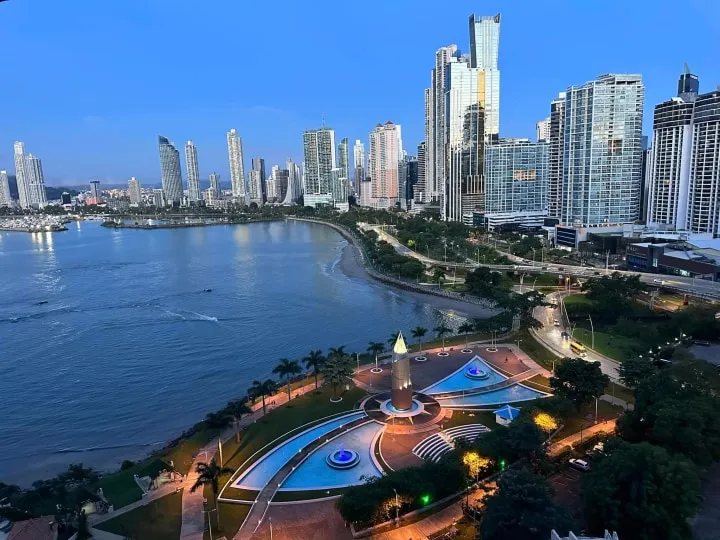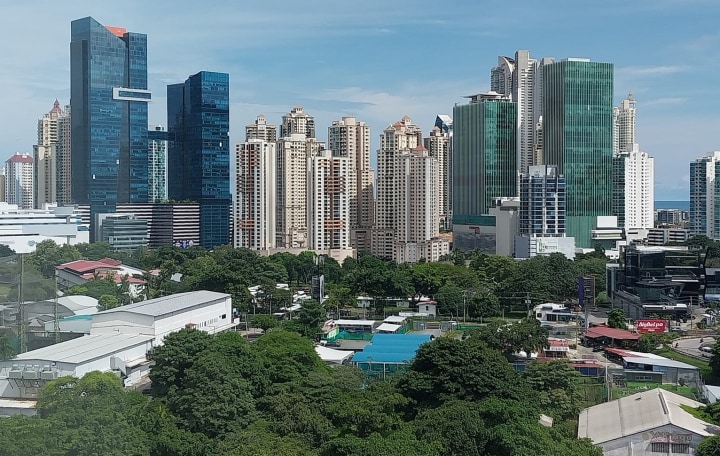Buying Property in Panama
Navigating the real estate market in Panama comes with its distinct challenges and factors. This guide provides valuable insights for investing in Panama.

Navigating the real estate market in Panama comes with its distinct challenges and factors. This guide provides valuable insights for investing in Panama.

Moving to Panama and buying property there can be a thrilling and rewarding experience. However, navigating the real estate market in Panama comes with distinct challenges and factors. This guide aims to provide expats with valuable insights and practical tips for purchasing property in Panama, ensuring a smoother and more informed process.
Foreign Ownership: In Panama, foreigners enjoy the same property rights as Panamanian citizens. There’s no need to be a resident; you can buy property even as a tourist.
Titled Property: This is the most secure form of ownership, coming with a deed and a finca number.
Right of Possession (R.O.P.): These properties are technically owned by the government. You can buy the right to use the property, which can be sub-divided, resold, or built upon. However, R.O.P. ownership carries certain risks, and expert advice is strongly recommended.
Properties in Panama are often held in a corporation, which can be beneficial for estate planning and asset protection. The ownership status needs to be checked even if the owner is a corporation.

Title Checks: Check the property’s title in the public records. Look for any debts, loans, and make sure the seller really owns it.
Neighborhood Insights: Ask neighbors about problems with property lines, whether there’s reliable water, electricity, and internet.
Professional Services: Hire a skilled surveyor, especially in places like Bocas del Toro, where it’s hard to find good ones.
Legal Assistance: Hire an attorney for title searches and preparing sale paperwork.
Environmental Impact: Consider environmental issues and, if necessary, conduct an environmental impact study.
Building Permits: Obtain building permits and occupancy history for any planned construction or modifications.
Understanding Finances: Be cautious with creative financing and thoroughly understand any financial documents before signing.
Property Taxes: Property taxes in Panama are usually low. There are also tax breaks for new buildings and for properties below certain prices.
Community Interaction: Engage with local communities and understand the local culture and lifestyle.
Rent Before Buying: Consider renting in your chosen area for at least 6 months to ensure it’s a suitable living environment.

Panama lacks a centralized real estate listing service. Because of this for sale by owner properties are very common. At YourPanama, we also offer our own listings of properties for sale by owners.
Property prices can vary significantly, often influenced by local perceptions and the presence of expats in the area. Negotiation is common, and it’s advisable to seek professional assistance.
Before you buy property, think about future changes in the area that could affect its value. For example, a new road or a planned development can significantly impact the value of your property.
Buying property in Panama as an expat can be a fulfilling venture if done with careful research, due diligence, and local insights. Getting to know the real estate market in Panama and getting advice from professionals is essential for enjoying your new home there.